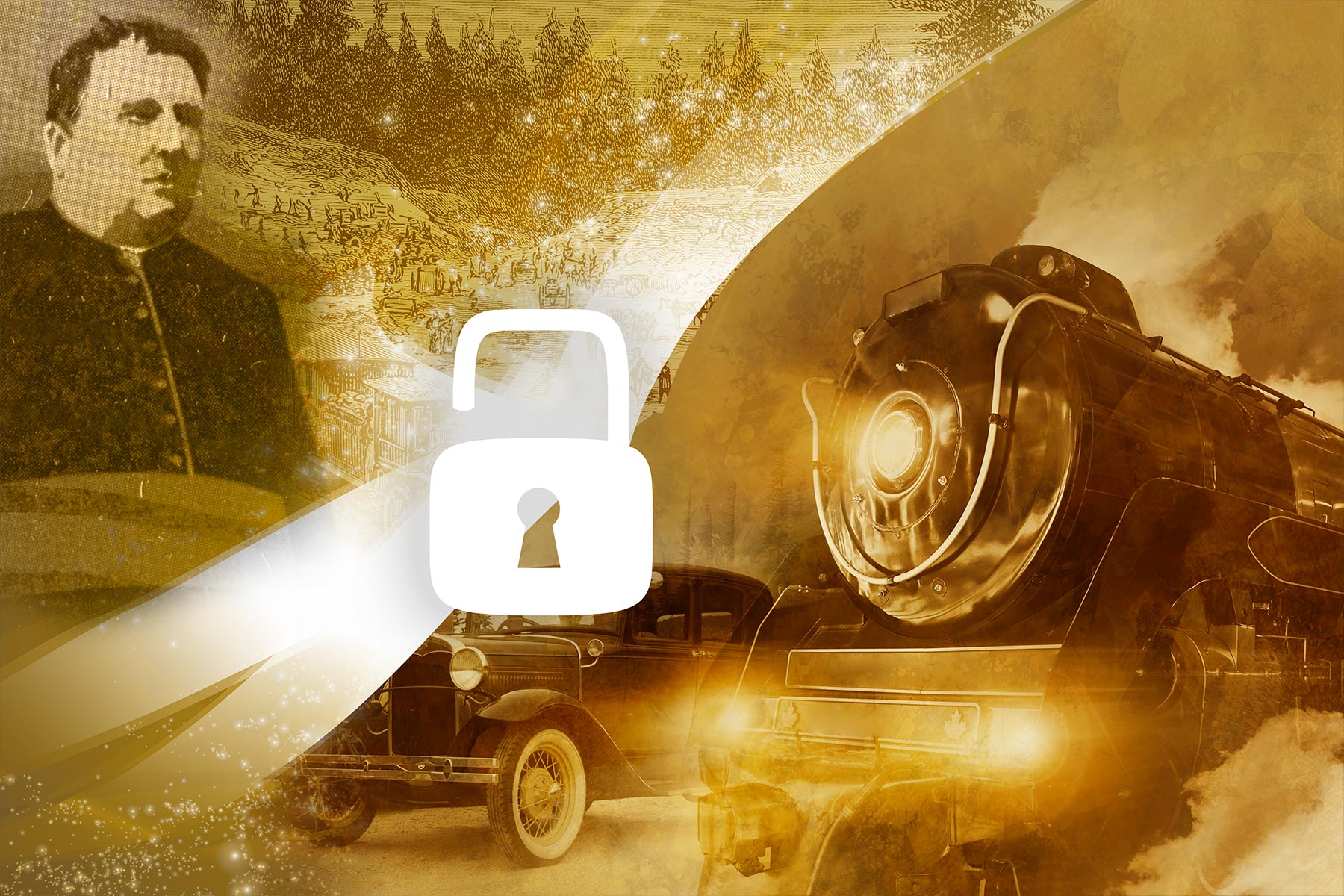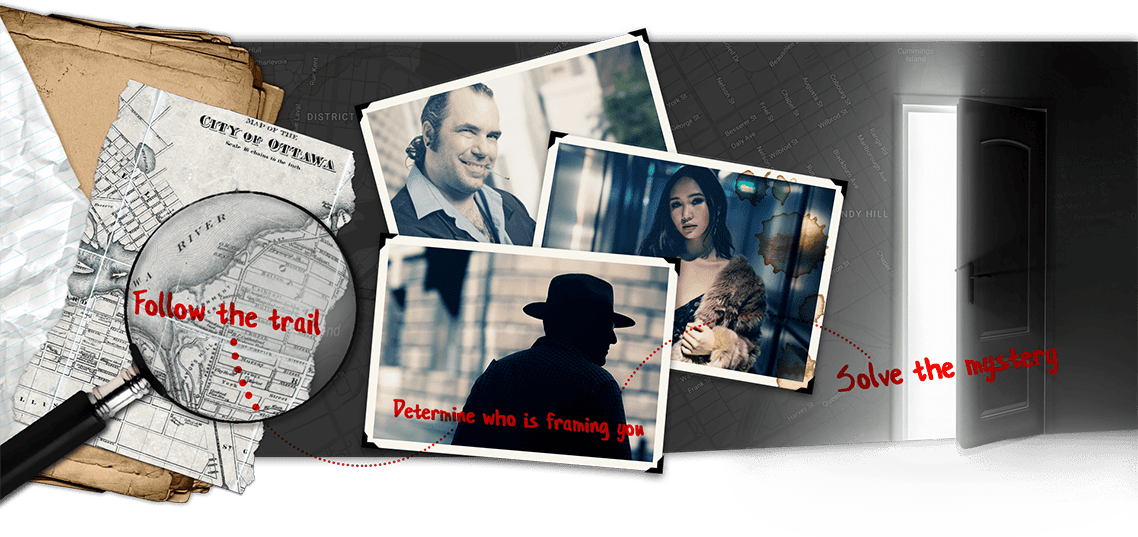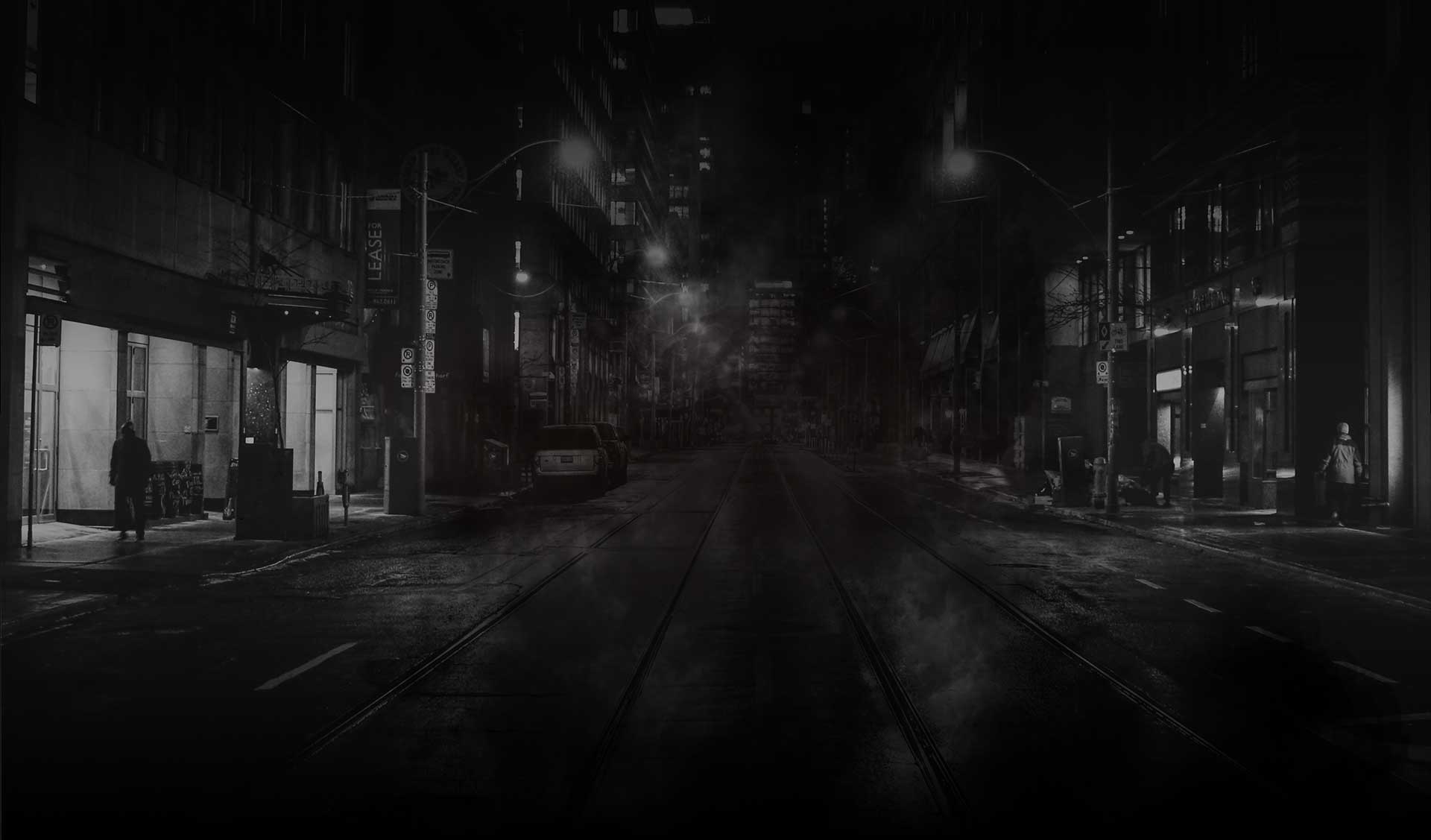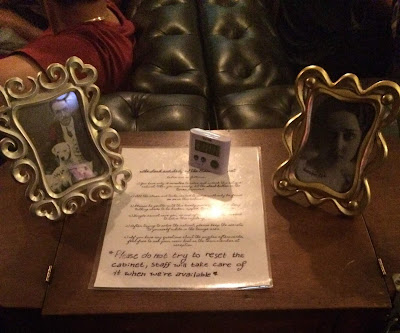Publisher:
LockMe, Board & Dice, KOSMOS
Designers:
Jakub Caban, Bartosz Idzikowski, Matt Dembek
Artists:
Magdalena Klepacz, Paweł Niziołek, Jakub Fajtanowski
Languages:
Polish, English & many others
# of Players:
1-4
Age:
12+
Duration:
3-5 hours (can be broken into multiple sittings)
BoardGameGeek References:Game Design & Mechanics
- Although it definitely qualifies as an "escape room board game", Escape Tales also pushes the envelope into new territories, with game mechanics reminiscent of "adventure board games" such as T.I.M.E. Stories, Tales of the Arabian Nights or The 7th Continent.
- First of all, there's no time limit in the traditional sense. Instead, the players have a pool of "action tokens" they spend whenever they want to investigate their environment.
- Furthermore, said environment is made of multiple locations that you'll visit in sequence. So instead of being "stuck" in a proverbial room, you'll be exploring several.
- Each location is made of 1 or 2 Location cards. Those cards are placed over a game board with a grid and a system of coordinates. Players must look carefully at the location, and then decide which parts of the location are worth spending your precious action tokens on.
- Once you've made your choice, the card gives you a paragraph number to look up in the Story Book. You might get some info, some new cards to draw, or you might even be asked to make a decision as a group.
- Game cards come in two main flavors: clues have a red symbol that corresponds to a puzzle you'll have to solve, while items have a white symbol that is typically used to refer to it elsewhere without spoiling what the item actually is.
- Every time your group runs out of action tokens, you need to draw the next Doom card out of pre-arranged deck. The card will give you some more tokens, but will also make the story move forward - and not in a good way.
- The game has an associated "app" available on the web. Using that app is mandatory in order to validate whether or not you've solved a given puzzle, but it can also be used to get a hint, or even just to confirm whether or not you've got all the cards needed to even bother solving it.
 |
| Image from the rulebook |
 |
| Image from the rulebook |
Pros
- Simply put, this game has given me the best "tabletop escape" experience thus far. The heavy emphasis put on the story line made this game experience quite unique. A stark contrast with real-life escape rooms and their paper-thin plots.
- The game includes pretty much every element of a real-life room: you "search around" by looking at the Location cards and choosing your spots. You manipulate objects, solve puzzles, and the action tokens do a great job at keeping pressure on you and your fellow players.
- I'm not sure if it was due to the nature of the puzzles, the use of the Story Book, or both, but my team of 4 didn't feel the usual "crampiness" associated with card-based games.
- While the game can easily fill up a whole game night, it can just as easily get paused and resumed in a follow-up session.
- The game has multiple endings, and due to its mechanics, it isn't easy to figure out if a choice you made earlier was the right one or not. After reaching the end of our game session (on a rather sad ending), we tried backtracking just a bit, and ended up with a slightly better one. So we backtracked some more... and got an even worse ending than the first. Now we can't wait to see what other endings there are in there.
Cons
- As tech-savvy players will notice, the "app" is really just a stand-alone web page. 😞 Fortunately, the rulebook says that internet access is not needed once the page has been loaded, and that seems accurate - in fact I was able to use the "Save Page As" feature to get myself a local copy of the "app" (although a bit of extra tweaking was needed).
- When we played (a couple months ago), some puzzles weren't adequately clued in the app, going from hints we didn't quite understand straight to the solution. Perhaps this will improve (or already has) over time.
- For this first offering in the "Escape Tales" series, the theme seems a bit dark. Perhaps something a bit more "traditional" could have been used in order to balance the innovative mechanics?















